US, Israel intended to pressure PA, divide Palestinians through Aqaba summit: Activist
The so-called Israeli-Palestinian security summit in the Jordanian port city of Aqaba was an attempt by the US and Israel to exert pressure on the Palestinian Authority and divide Palestinians, according to an activist.
Miko Peled, a Washington DC-based author and human rights activist, told Press TV on Sunday that the Aqaba summit was a “theatrical event” that would be fruitless. It only aims to place more pressure on the PA to tighten security in the West Bank for Israel’s benefit, he said.
“So this is one of these … theatrical events where they all get together and pretend to get along,” Peled said. “It is not going to lead to anything.”
He added that the US and Israel “are pressuring the Palestinian Authority to accept this deal where they get paid … to get Palestinians trained by the Americans in order to go fight in Jenin and Nablus against their brothers and sisters who are resisting heroically.”
The so-called de-confliction talks between Israel and the PA in Jordan opened on Sunday.
US President Joe Biden’s Middle East adviser Brett McGurk and Jordanian and Egyptian officials also attended the summit with the professed intention of halting the escalating violence unfolding across the occupied territories within the past weeks.
On Wednesday, at least 11 Palestinians were killed during a massive Israeli military raid into Nablus in search of wanted resistance fighters.
In a similar killing spree on January 26, Israeli forces raided the city of Jenin and its neighboring refugee camp in the north of the occupied West Bank, killing ten Palestinians.
Palestinians and their resistance groups regard the Aqaba summit as a plot against Palestinian aspirations, due to the apartheid regime’s killings and evil policies.
Peeled, too, said that the summit will not benefit the Palestinians and is just “one big collaboration with Israel.”
“We have to remember that America is the biggest collaborator with billions of dollars and weapons being sent to Israel and laws being passed in the Senate and the House of Representatives every day. Even as we speak right now, they support Israel and make resistance to Israel more and more difficult. And so it has nothing to do with benefiting the Palestinians,” he added.
Accordingly, while the Joint Communique following the five-way Sunday meeting in Aqaba clearly stated Israel has agreed to “stop discussion of any new settlement units for 4 months and to stop authorization of any outposts for 6 months,” prime minister Benjamin Netanyahu swiftly denied any construction freeze in a tweet on the same day.
Israel’s so-called national security adviser Tzachi Hanegbi also insisted that Israel won’t change its policy.
“In the coming months, Israel will authorize nine outposts and will approve 9,500 new housing units in Judea and Samaria,” Hanegbi said in a statement.
Peled also warned that the security challenges will mount in the occupied territories with the holy month of Ramadan afoot (beginning in late March) and its coincidence with the Passover (a Jewish holiday) and subsequent intensified Israeli raids into al-Aqsa mosque, saying the conflicts could lead to an unprecedented Intifada (uprising).
“So we have got this barrel of gunpowder, and we have got mad men with a match and we are going to see exactly what happens … I think it is very likely that we are about to see Palestinians come out with an overall Intifada … a kind of uprising the likes of which we have never seen,” he said.
He added that if the international community starts to take action against Israel and support the Palestinian struggle, the entity’s existence will be threatened.
“There needs to be an international component for this to really be a major collapse of the Zionists, … the question is will the international community begin to impose sanctions? will they do the right thing morally?”
Last week, UN Security Council (UNSC) withdrew a draft resolution to condemn Israeli illegal settlement expansion plans explicitly and instead issued a symbolic statement and voiced “dismay” with the regime’s illegal plans to construct more settlements.
Iran: US airstrikes on Yemen war crimes, violation of international law
Yemeni armed forces down F-18 fighter jet, repel US-UK attack: Spokesman
Iran warns against US-Israeli plot to weaken Muslims, dominate region
VIDEO | Public uproar in US against Israeli regime
‘Ghost town’: 70% of Jabalia buildings destroyed by Israel
Mother’s Day: Sareh Javanmardi’s inspiring journey as Paralympic champion and mother
Russia downs over 40 Ukrainian drones as Putin vows 'destruction' on Kiev
VIDEO | Yemen: A bone in Israeli neck


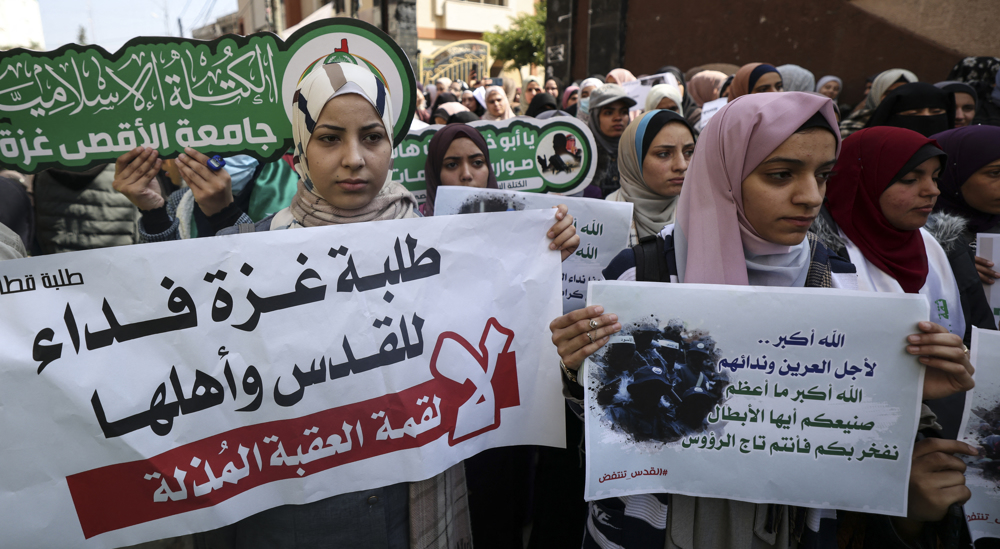
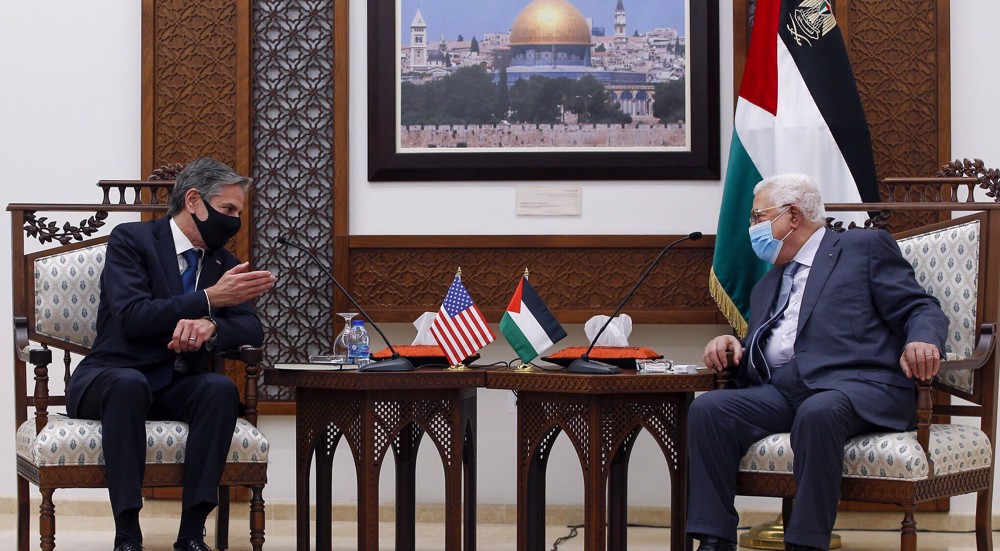
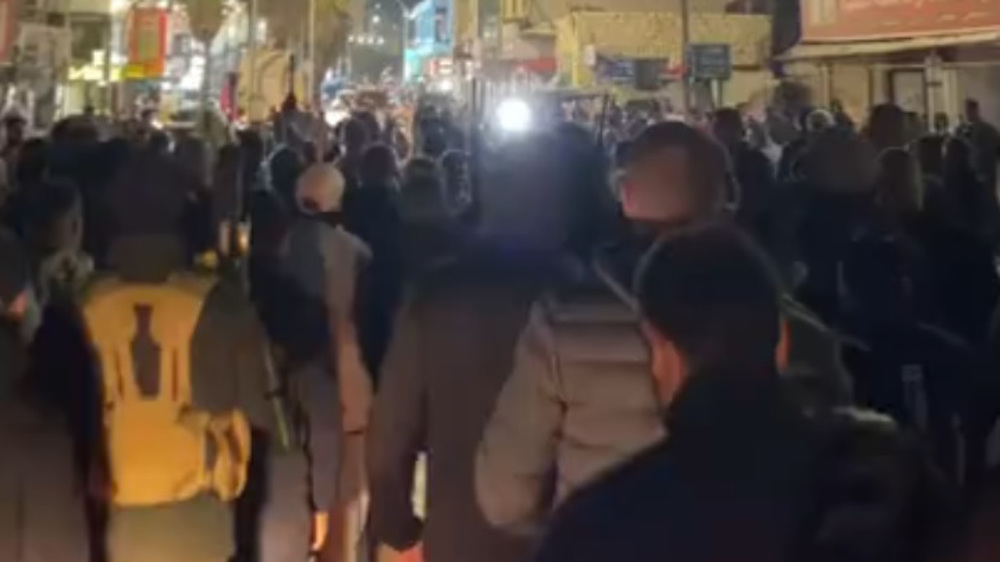
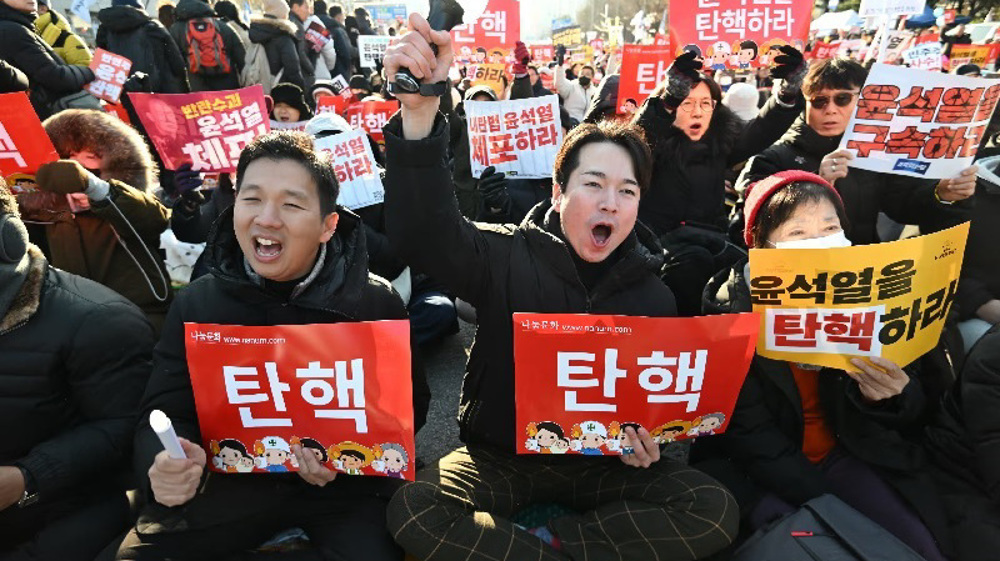

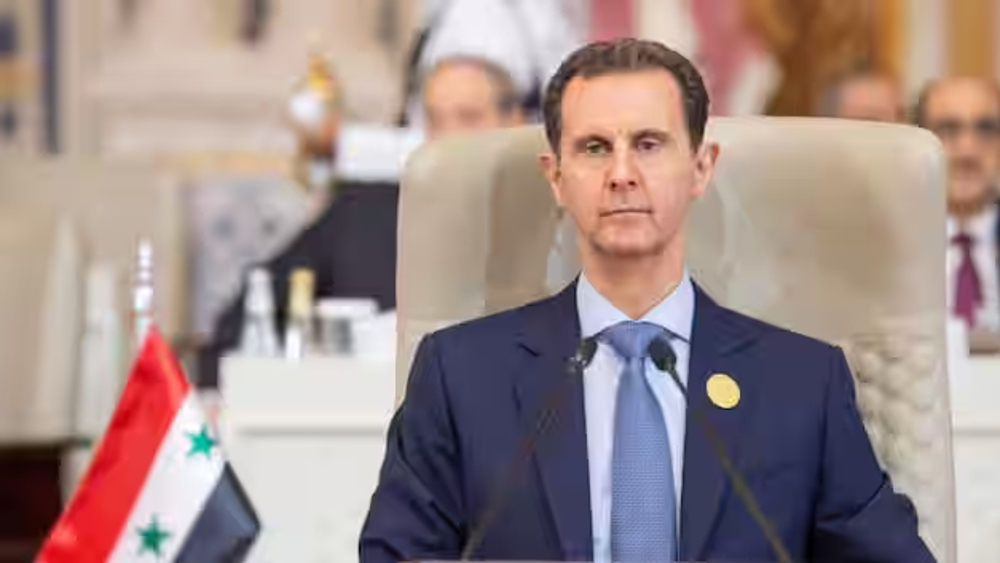



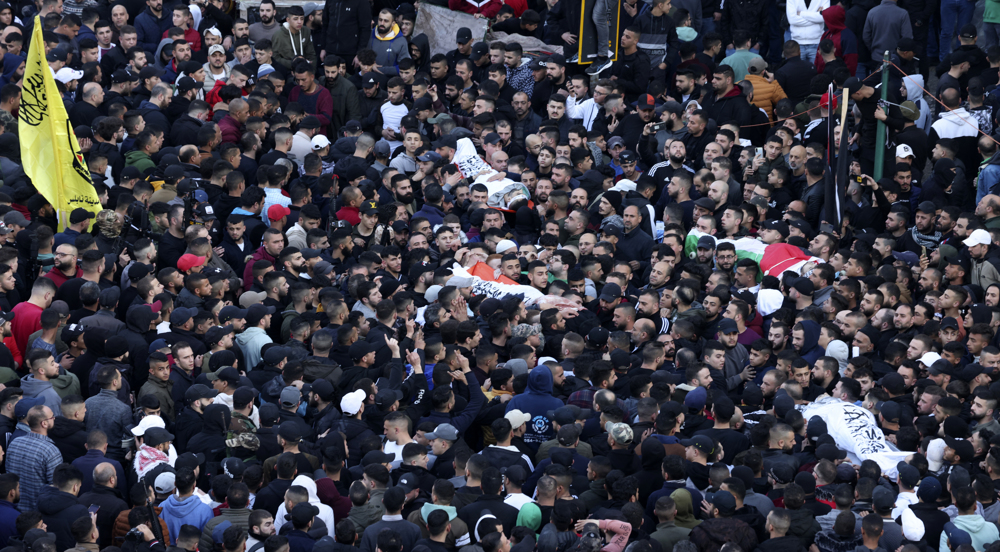
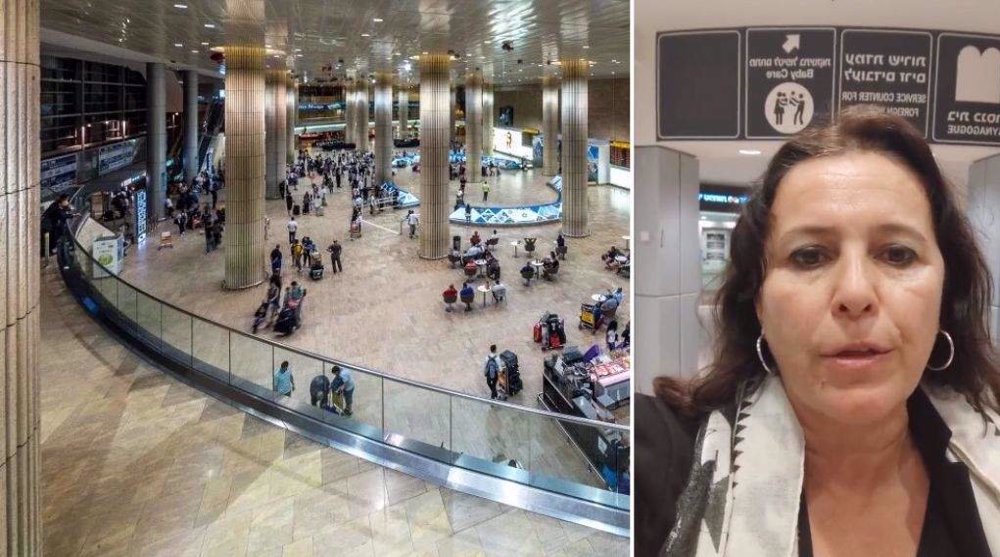



 This makes it easy to access the Press TV website
This makes it easy to access the Press TV website